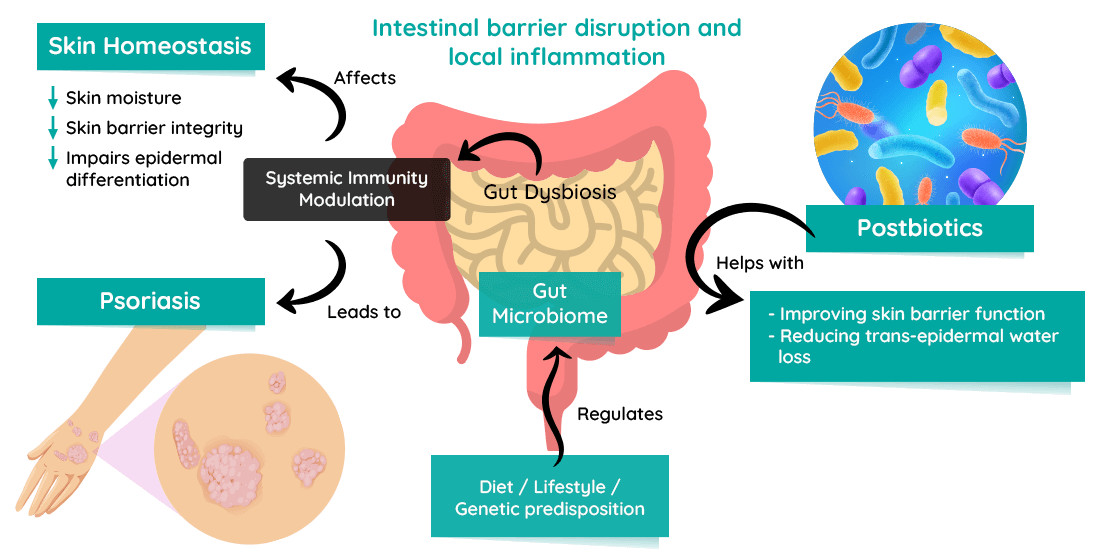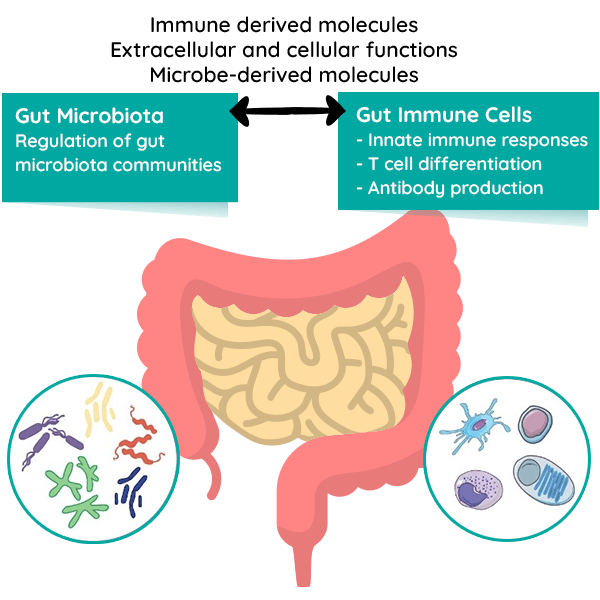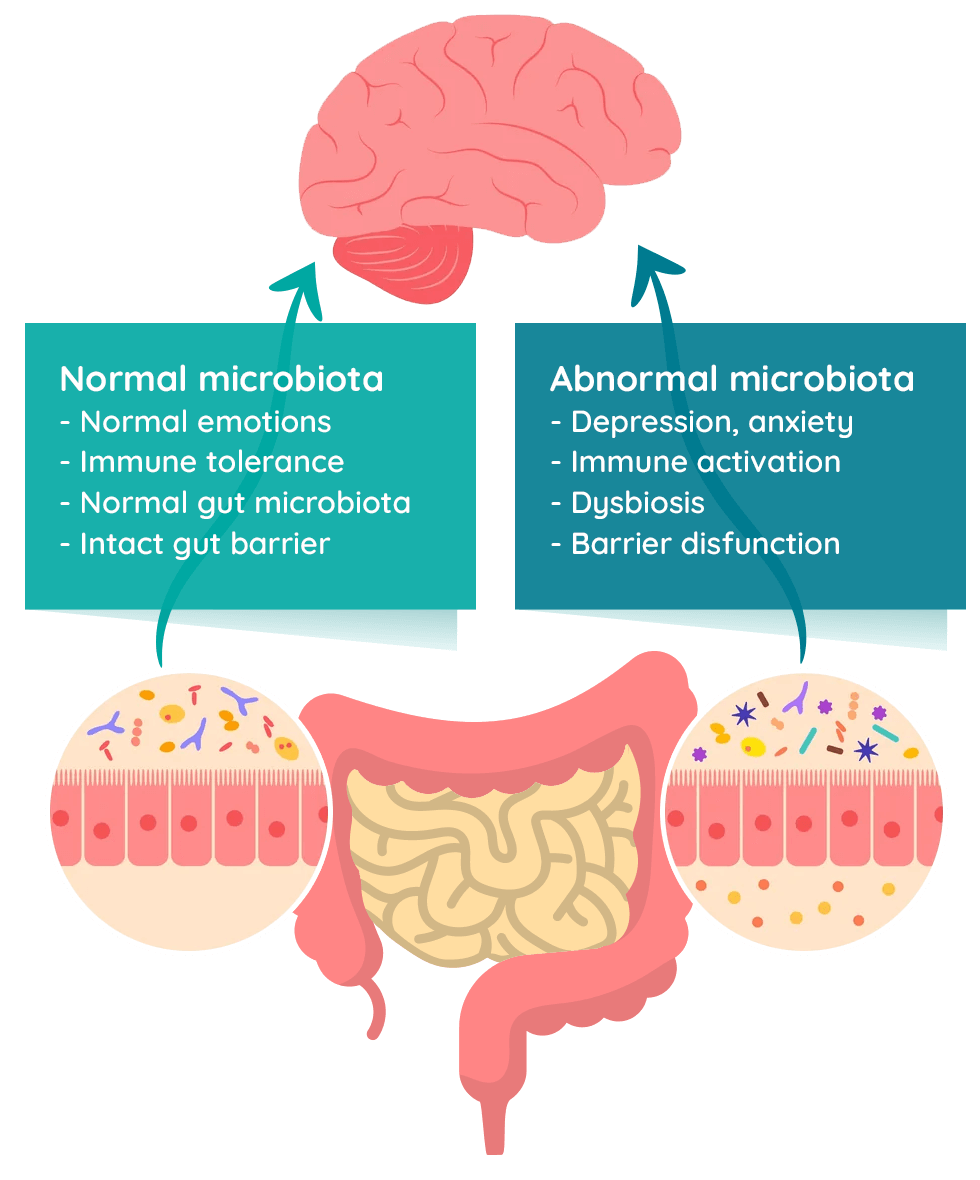What is Microbiome

A healthy microbiome is characterized by its diversity.
The microbiome encompasses the entirety of microorganisms, ranging from 10 trillion to 100 trillion microbial cells, that exist within and on an individual’s body. It constitutes vast and varied populations of bacteria, viruses, fungi, and other minuscule life forms, forming a living layer that extends across numerous regions, including the intestines, skin, genitals, lungs, and even the eyes.
The gut microbiota, the most extensively studied microbial community, resides in our gastrointestinal tract. It constitutes a complex mix of microorganisms, including both beneficial and potentially harmful ones. While we often think of bacteria as either “good” or “bad,” the reality is that the microbiome comprises microbes that can have both positive and negative effects on our health.
Within a person in good health, these microorganisms harmoniously coexist with their human host, establishing a symbiotic relationship. They bestow upon us a multitude of advantages, such as aiding in digestion, helping with the absorption and production of essential nutrients, assisting our metabolism and supporting our immune and nervous systems. Nonetheless, when there is a disruption in this delicate equilibrium, our bodies can become more vulnerable to diseases.
Gut-Skin Axis

An imbalance of composition and biodiversity of the gut microbes or the term “gut dysbiosis” causes imbalance of skin homeostasis which reduces skin moisture, impairs skin barrier integrity and epidermal differentiation which subsequently may lead to chronic skin issues such as acne, mild eczema and psoriasis.
Several factors can affect gut health, and subsequently, skin health. Dietary choices like consuming refined sugar, excessive carbohydrates and fats, alcohol, and coffee; nutrient deficiencies such as omega-3, zinc, vitamin A, and fiber; certain medications; stress; illness or infection (including food poisoning); and psychological stress.
Supporting gut health requires a comprehensive approach. A balanced diet, stress management, and maintaining a diverse gut microbiota may positively you from inside out.
Gut-Immune Axis


Gut-Brain Axis
The gut-brain axis is a bidirectional communication system between the gastrointestinal system (gut) and the central nervous system (brain).
It involves the interaction of the enteric nervous system (ENS), gut microbiota, and various neural, hormonal, and immune pathways.
The ENS, often called the “second brain”, is a network of neurons lining the digestive tract that can function independently and communicate with the central nervous system.
The gut microbiota, consisting of trillions of microorganisms, influences brain function and behavior through the production of bioactive compounds.
Disturbances in the gut microbiota have been associated with conditions such as depression, anxiety, autism spectrum disorders, and neurodegenerative diseases.
Factors like diet, stress, sleep, medications, and environmental factors can affect the gut-brain axis.
Nurturing a healthy gut through a balanced diet, stress management, and maintaining a diverse gut microbiota may positively impact brain health and overall well-being.
